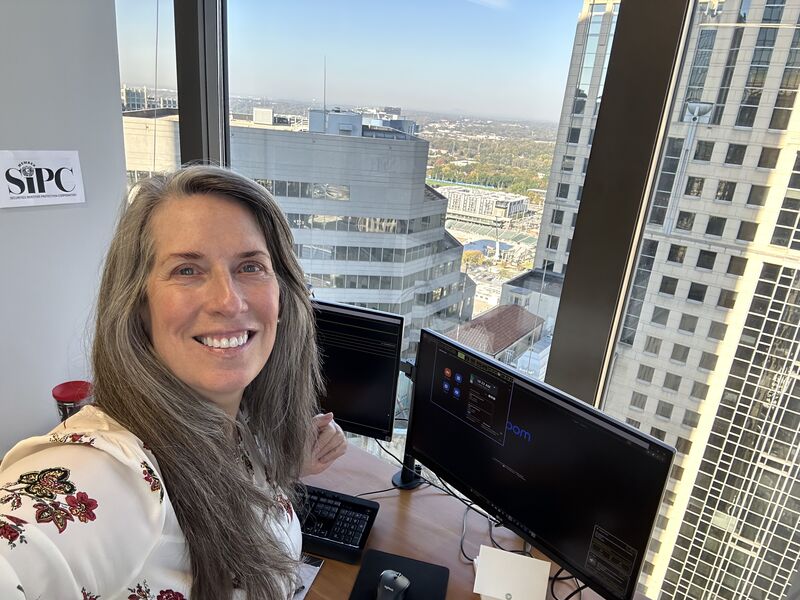If you are a foreign broker dealer – that is, a broker-dealer NOT registered with the U.S. Securities & Exchange Commission (SEC) – you can still conduct securities business in the United States. Fortunately, you are not required to become a licensed U.S. broker dealer. Instead, you can partner with TOBIN and be “chaperoned” under SEC Rule 15a-6 of the Securities Exchange Act of 1934.
A year ago, I wrote about Expanding Opportunities for International Broker-Dealers. Since then, TOBIN has entered into several chaperoning partnerships, and we continue to engage with international firms seeking to tap into the depth and sophistication of the U.S. capital markets. We created the following update to clarify what’s possible and how we support you in doing it right.
Yes, You May Represent Both U.S. and Foreign Issuers, and Investors.
- Your broker-dealer may represent clients domiciled outside of as well as WITHIN the United States.
- Rule 15a-6 does not require your issuer client to be organized outside of the United States. Foreign broker dealers may solicit U.S. institutional investors on behalf of both U.S. and non-U.S. issuers.
- Most foreign broker dealers representing issuers enter the U.S. to tap our country’s vast and varied institutional investor base. But our clients have also flipped that template, representing their U.S. domiciled investors in accessing investment opportunities, and issuers, within the United States. Both of these paths are lawful – as long as you are chaperoned – and navigating them is well within TOBIN’s service
What is the Difference between Major and Non-Major Institutional Investors?
As a foreign broker-dealer raising capital in the United States, you may engage with both major and non-major institutional investors. The distinction between the two is not arbitrary – it is fundamental to how SEC Rule 15a-6 is implemented.
- A major institutional investor is an entity with total assets of at least $100mm, or an investment adviser with at least $100mm under management.
- A non-major institutional investor is any institutional investor that doesn’t meet these size thresholds.
Why Does the Distinction Matter?
Rule 15a-6 specifies the level of chaperoning required for each of the two investor categories. TOBIN’s obligations are more intensive when you are engaging with non-major institutional investors.
- For non-major institutional investors, TOBIN must pre-approve written materials and actively participate in all oral communications, whether virtual or in-person.
- For major institutional investors, these requirements are significantly relaxed. U.S. regulators presume that these investors possess the sophistication necessary to evaluate investment opportunities without direct broker-dealer intermediation.
This bifurcation matters because it dictates how – and how much – TOBIN engages in each client interaction. Our role as chaperone is not just procedural; it’s protective. For non-majors, we are hands-on gatekeepers. For majors, we remain in the background, ensuring lawful entry while minimizing friction.
TOBIN maps these distinctions clearly at the outset of every engagement. Through our operations and compliance framework, supported by integrated software technology, we categorize the prospective investors that you have identified – both major or non-major – so expectations are aligned, obligations are transparent, and execution is seamless. There is no ambiguity when you work with TOBIN. And for everyone’s benefit, that clarity reduces misunderstandings and errors.
Why the U.S.? Why now?
- Our capital markets are the most developed in the world.
- Our regulatory regime, while intricate, is among the most transparent and enforceable.
- The U.S. remains a highly trusted jurisdiction, with rigorous controls to deter fraud and preserve integrity.
- Our economy is the largest and most influential globally. It has no peer.
What’s the Tradeoff?
- Our securities laws are layered, nuanced, and interdependent.
The U.S. system can appear byzantine for firms accustomed to a single-regulator regime. We understand that. That is why TOBIN exists. With over 20 years of broker-dealer operations and a spotless compliance history, we have mastered the architecture of these rules. Your chaperoning relationship should not be an obstacle. With TOBIN, it becomes a gateway.
- The United States is a litigious society – this is not speculative but an observed fact.
For some, that creates anxiety. For others, it affirms the principle of accountability and the rule of law. For TOBIN, it underscores why legal and regulatory compliance must be executed precisely. We have direct experience with securities litigation, so we definitely know that a strong chaperoning relationship protects your firm while reinforcing the integrity of the U.S. markets.
Chaperoning Is Not Just a Process, it’s a Partnership.
At TOBIN, our chaperoning services are not mechanical, they’re deliberate. Our work is built on regulatory fluency, client protection, and seamless execution. We don’t just enable your activities – we empower them, by bringing order to complexity and clarity to unfamiliar terrain.
Foreign markets bring opportunities. U.S. markets bring structure. But structure mishandled creates friction. Missteps – whether legal, cultural, or procedural – jeopardize both deal flow and firm reputation. That’s why your chaperoning broker dealer must be precise, responsive, and impeccably compliant.
TOBIN stewards cross-border engagement with discretion, vigilance, and integrity. We listen, interpret, clarify, and protect. We never cut corners.
If that’s what your broker dealer needs, we are here for you. Just give us a call or drop us an email.

Justine Tobin
Founder and CEO
(704) 334-2772
This newsletter is not intended to provide legal or investment advice and no legal or business decision should be based on its content. FYI.



















